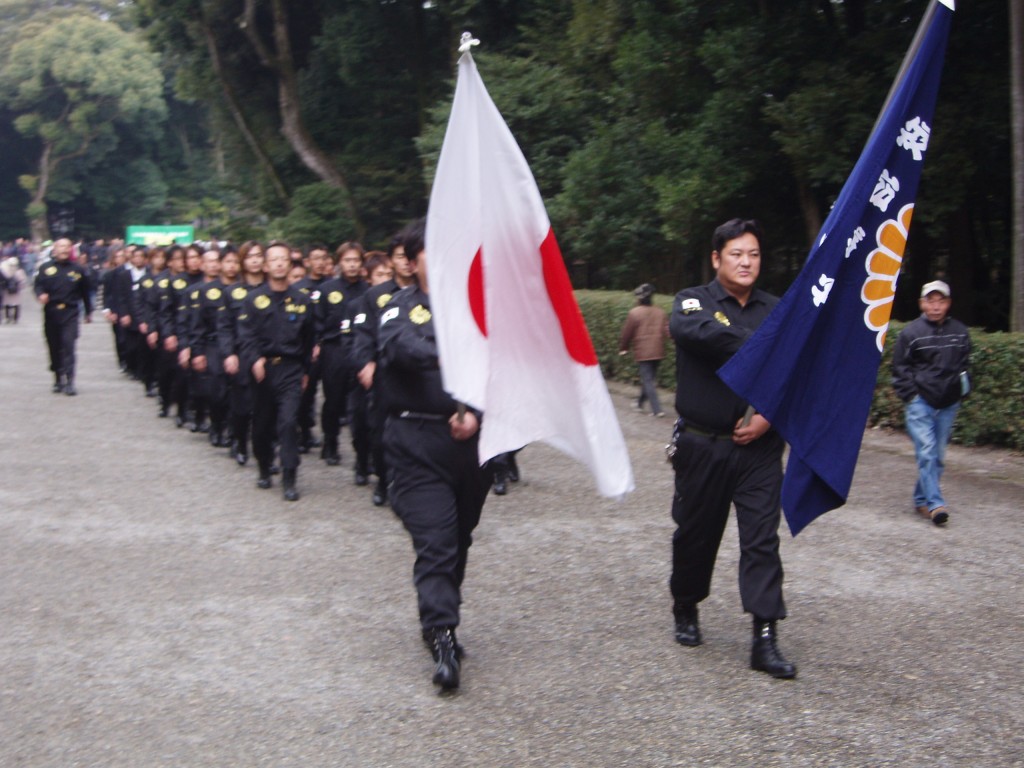The Japan Times carries a short piece today noting PM Abe’s lukewarm response about the need for an alternative to Yasukuni…
**************************************************************
Prime Minister Shinzo Abe sounded a cautious note Tuesday about a proposal to establish a new state-managed war memorial as a substitute for Yasukuni Shrine, which honors Class-A war criminals as well as the nation’s war dead.
“How bereaved families would feel about such a new war memorial is a very big issue,” Abe told the House of Councilors Budget Committee, although adding that Japan may need a monument that lacks religious affiliation where people can place flowers, noting other countries have such sites.
Yasukuni Shrine, located in central Tokyo, is regarded as a symbol of Japan’s past militarism by China and South Korea, where the memories of Japan’s wartime atrocities remain.
*****************************************************************
Nationalism will undermine Japan
MAY 15, 2013 Japan Times editorial
Prime Minister Shinzo Abe’s recent remarks on Japan’s wartime behavior and Yasukuni Shrine, which enshrines some 2.5 million Japanese war dead plus convicted Class-A war criminals from World War II, will undermine the trust that postwar Japan has built in the international community. Japan’s neighbors will not forget the sufferings and hardships they experienced from Japan’s war in the 1930s and ’40s, and Japan cannot force them to erase their memories. Mr. Abe must realize that his remarks and attitude will undermine Japan’s position as a trusted and responsible member of the international community.
On April 20 and 21, three Cabinet ministers including Deputy Prime Minister Taro Aso visited Yasukuni Shrine. And on April 23, 168 lawmakers, the highest figure since 1987, made similar visits to the shrine.
Mr. Abe told the Upper House Budget Committee on April 23 that the definition of “aggression” has not been clearly made “academically or internationally” and that it becomes different depending on from what angle one looks at the matter in the context of relations between countries. His words undermine Prime Minister Tomiichi Murayama’s 1995 statement in which he apologized to Asian countries for Japan’s “colonial rule and aggression” causing “tremendous damage and suffering” to their people. He should not forget that the Murayama statement played a great role in increasing international trust of Japan.

Japan's nationalists are on the march - here pictured on a ritual visit to Kashihara Jingu

Leave a Reply